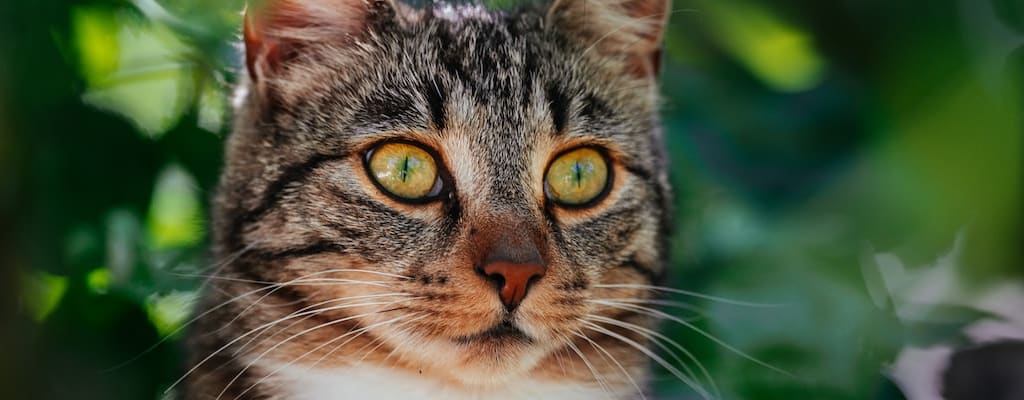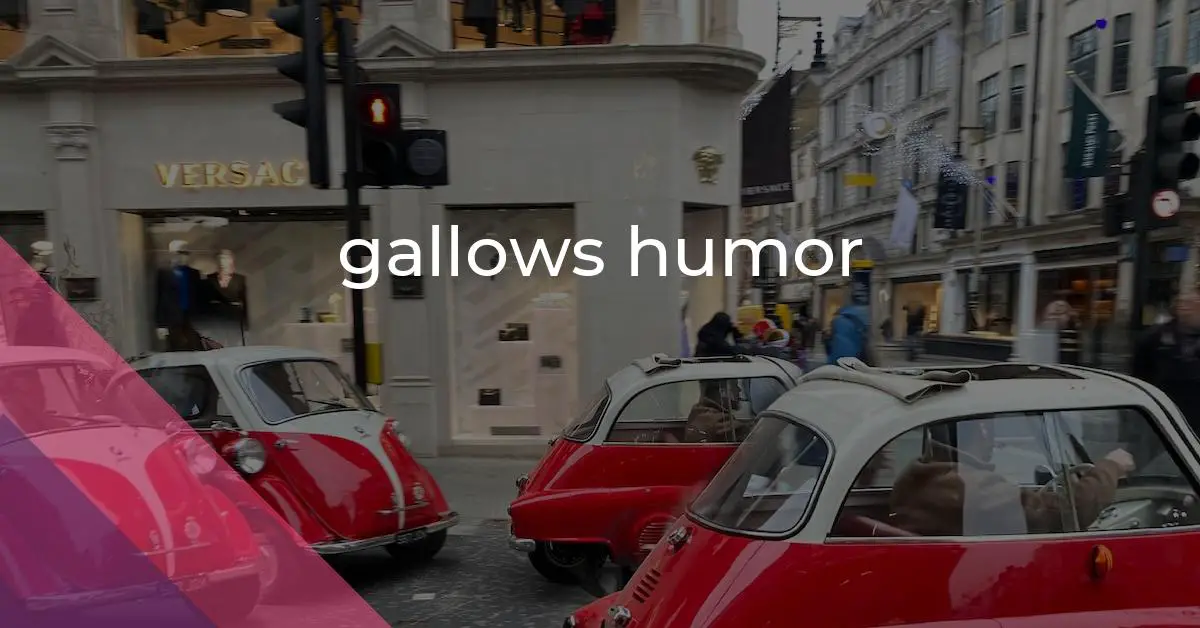gallows humor: Idiom Meaning and Origin
What does ‘gallows humor’ mean?
Gallows humor is a type of dark humor that is used to joke about unpleasant or troubling situations, often in an inappropriate or controversial manner, especially in order to cope with fear or anxiety.

Idiom Explorer
The idiom "laughing stock" refers to a person or thing that is ridiculed and made fun of by others, causing amusement and laughter. It carries a negative connotation and is often associated with someone who is seen as absurd, ridiculous, or deserving of mockery.
The idiom "lady garden" is a colloquial phrase that is used as a euphemism for the female genitalia or the vulva. It is considered a slang term and is often used in a humorous or light-hearted manner.
When someone is "in stitches," it means they are uncontrollably laughing or finding something extremely amusing.
An "inside joke" is a humorous reference or remark that is understood only by a specific group of people who know the context behind it.
The idiom "horror show" is commonly used to describe a situation or event that is extremely unpleasant, horrifying, or disturbing.
The idiom "have someone's guts for garters" means to be extremely angry with someone and to be prepared to punish or harm them severely.
The idiom "have a laugh" means to find something amusing or entertaining and to enjoy a good laugh or joke.
The idiom "half joke" refers to a statement or remark that is meant to be humorous, but also contains a serious or true element. It is a way of expressing a thought or opinion in a lighthearted manner while acknowledging some underlying truth or seriousness.
The idiom "guilty pleasure" refers to something that provides enjoyment or satisfaction, but is considered shameful or embarrassing due to societal judgment or personal feelings of guilt.
The idiom "go down the wrong way" means to do or say something that is inappropriate, offensive or causes discomfort to others.
The Grim Joke
Gallows humor is a term used to describe a type of humor that arises in dark, grim, or macabre situations. It is a form of humor that often makes light of serious or taboo subjects, such as death, tragedy, or suffering. The origin of the term can be traced back to the practice of public executions by hanging, where the gallows served as a symbol of death and punishment.
One interesting aspect of gallows humor is its ability to provide psychological relief and coping mechanisms in the face of adversity. It can serve as a defense mechanism to help individuals deal with uncomfortable or distressing situations by finding humor in them. This coping mechanism has been observed in various professions, such as healthcare workers, soldiers, and emergency responders, who often face challenging and traumatic circumstances.
The origins of gallows humor can be found in ancient cultures. The Romans, for instance, had a tradition of laughter during crucifixions, where spectators ridiculed and mocked the condemned individuals. This type of humor can also be seen in medieval Europe, particularly during public executions, when the condemned would often engage in witty banter or make jokes moments before their death.
The phrase "gallows humor" gained popularity in the English language during the 17th century and has continued to be used ever since. Its usage has been recorded in various literary works, such as Shakespeare’s plays, where characters in precarious situations resort to gallows humor as a coping mechanism. Over time, the phrase has become more widespread and is now commonly used in everyday language.
Despite the often morbid nature of gallows humor, it is important to consider the ethical implications of its usage. The appropriateness of this form of humor depends heavily on the context and the audience involved. While gallows humor may provide relief and help individuals navigate difficult situations, it can also be offensive or hurtful to those directly affected by the circumstances being joked about.
The complexity of gallows humor lies in its ability to simultaneously elicit laughter and discomfort. It taps into our deepest fears and anxieties, challenging societal norms and pushing the boundaries of what is considered acceptable. This idiom is related to the phrase "gall and wormwood," which is used to describe something that causes great bitterness or distress. Gallows humor often involves finding humor in situations that would normally be seen as distressing or distressful.
Another related idiom is "bad joke," which refers to a joke that is not funny or in poor taste. Gallows humor can sometimes be seen as a form of bad joke, as it often involves making light of serious or taboo subjects. However, it is important to understand that the intent behind gallows humor is not to offend or hurt, but rather to find relief and coping mechanisms in challenging circumstances.
The phrase "funny stuff" is also related to gallows humor. Funny stuff can refer to something that is amusing or humorous. Gallows humor is a type of funny stuff that arises in dark or grim situations. It is a form of humor that challenges societal norms and pushes the boundaries of what is considered acceptable.
Gallows humor is a type of humor that emerges in dark or grim situations, often making light of death, tragedy, or suffering. It has a long history that can be traced back to ancient cultures and has evolved over time. This form of humor serves as a coping mechanism, providing psychological relief in challenging circumstances. However, its usage should be approached with caution and sensitivity, as it can be offensive or hurtful to those directly affected. Gallows humor, with its paradoxical nature, embraces the complexities of the human experience, provoking reflection and challenging societal norms.
Example usage
Examples of how the idiom "gallows humor" can be used in a sentence:
- She couldn't help but use some gallows humor while waiting for her biopsy results.
- In the midst of the chaos, the soldiers couldn't help but crack a few jokes as a form of gallows humor.
- The comedian's dark and sarcastic routine was filled with moments of gallows humor.
More "Humor" idioms



